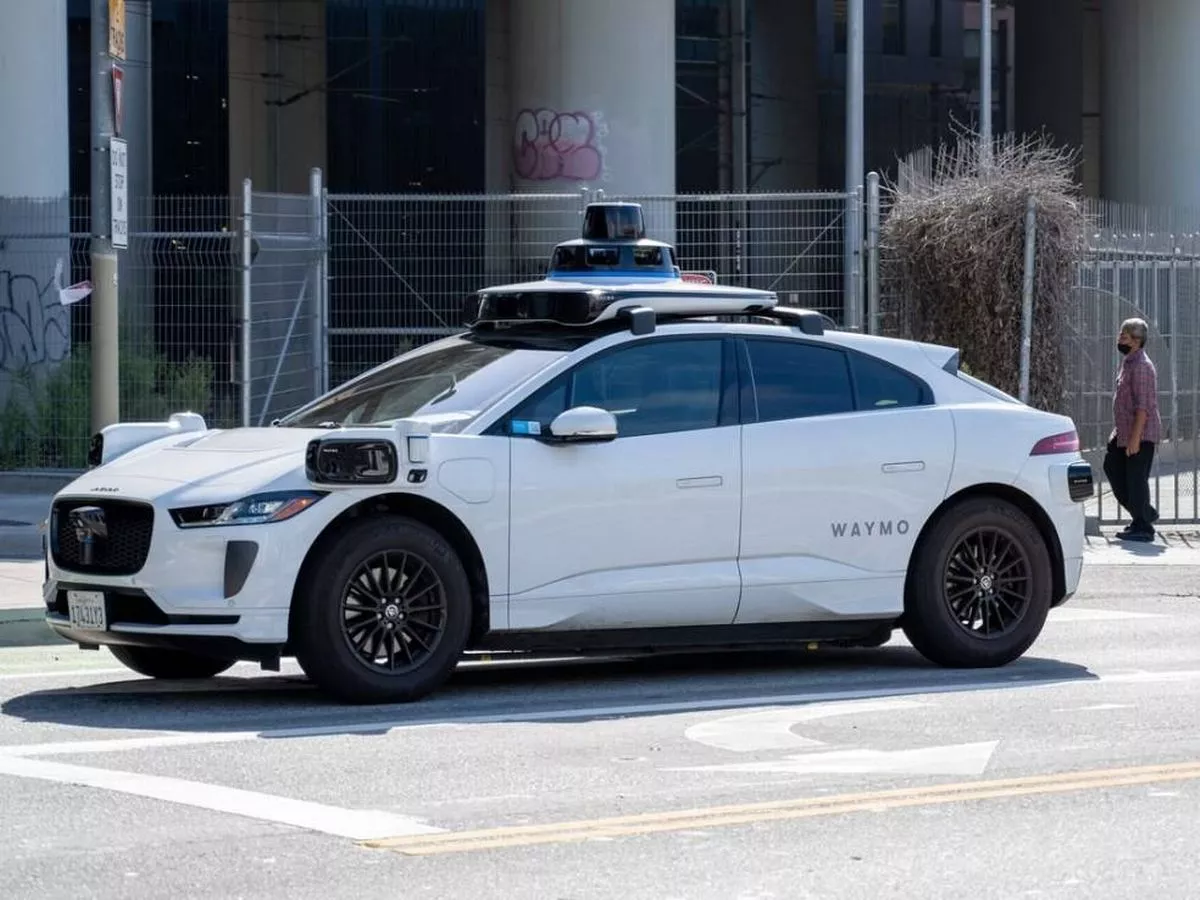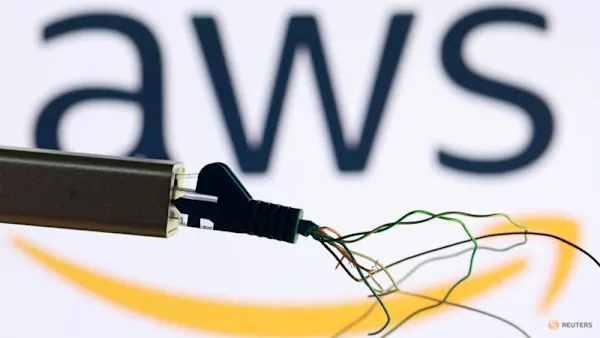Copyright dailystar

The UK is poised to become the first European nation to introduce Waymo's autonomous taxis , but legal experts warn that existing legislation is fundamentally at odds with the technology. Last week, Waymo revealed its UK rollout will begin with a small fleet of human-monitored Jaguar I-PACE electric vehicles "in the coming weeks," before transitioning to completely driverless operations by 2026. Waymo's Ethan Teicher informed City AM: "We'll start with a small fleet and gradually expand, working closely with the Department for Transport and Transport for London to ensure safety and regulatory compliance at every stage." However, legal professionals have questioned liability issues, contending that the present legal framework simply isn't prepared for autonomous vehicles. Ernest Aduwa, partner at Stokoe Partnership Solicitors, explained to City AM: "Our current system of motoring offences is built upon a fundamental, and until now, unshakeable principle, the principle of human agency. Every driving offence requires a culpable human mind behind the wheel.", as reported by City AM . "The arrival of true driverless cars, where no human is monitoring or controlling the vehicle, shatters this principle and forces us to confront a legal vacuum," he added. "If a driverless car exceeds the speed limit, crashes into another vehicle or property, or causes injury, who carries the blame? Is it Waymo? The car manufacturer? Or the software engineer who wrote the code?" Back in January, a Waymo vehicle was caught up in, though not responsible for, a fatal multi-vehicle crash in San Francisco. According to the National Highway Traffic Safety Administration (NHTSA), as of June 2025, Waymo vehicles were involved in 398 collisions in the US. For the UK, Darius Latham-Koenig, Associate at Grosvenor Law, observed that the "legal questions of liability are yet to be adequately resolved, particularly in an accident scenario". He stressed that the implementation of the Automated Vehicles Act 2024 "should be heavily scrutinised to ensure legal clarification." Back in May 2024, legislation to regulate the use of automated vehicles on roads and in other public places, and to make other provisions in relation to vehicle automation, became law. Andrew Sanderson, partner specialising in transport law, at Kingsley Napley, explained that this legislation established a fresh legal category: authorised self-driving entities. "These entities, not human drivers, will be held to safety standards equal to or better than those of a competent driver. This shift means liability in the event of an accident could rest with software developers, manufacturers, fleet operators, or even infrastructure providers, not just the person behind the wheel," he explained. He pointed out that the previous Automated and Electric Vehicles Act 2018 already held insurers responsible for crashes involving automated vehicles. However, the new legislation extends much further, tackling complicated matters including the switch between manual and automated driving, cybersecurity threats, and data-sharing requirements. For the latest breaking news and stories from across the globe from the Daily Star, sign up for our newsletters .



